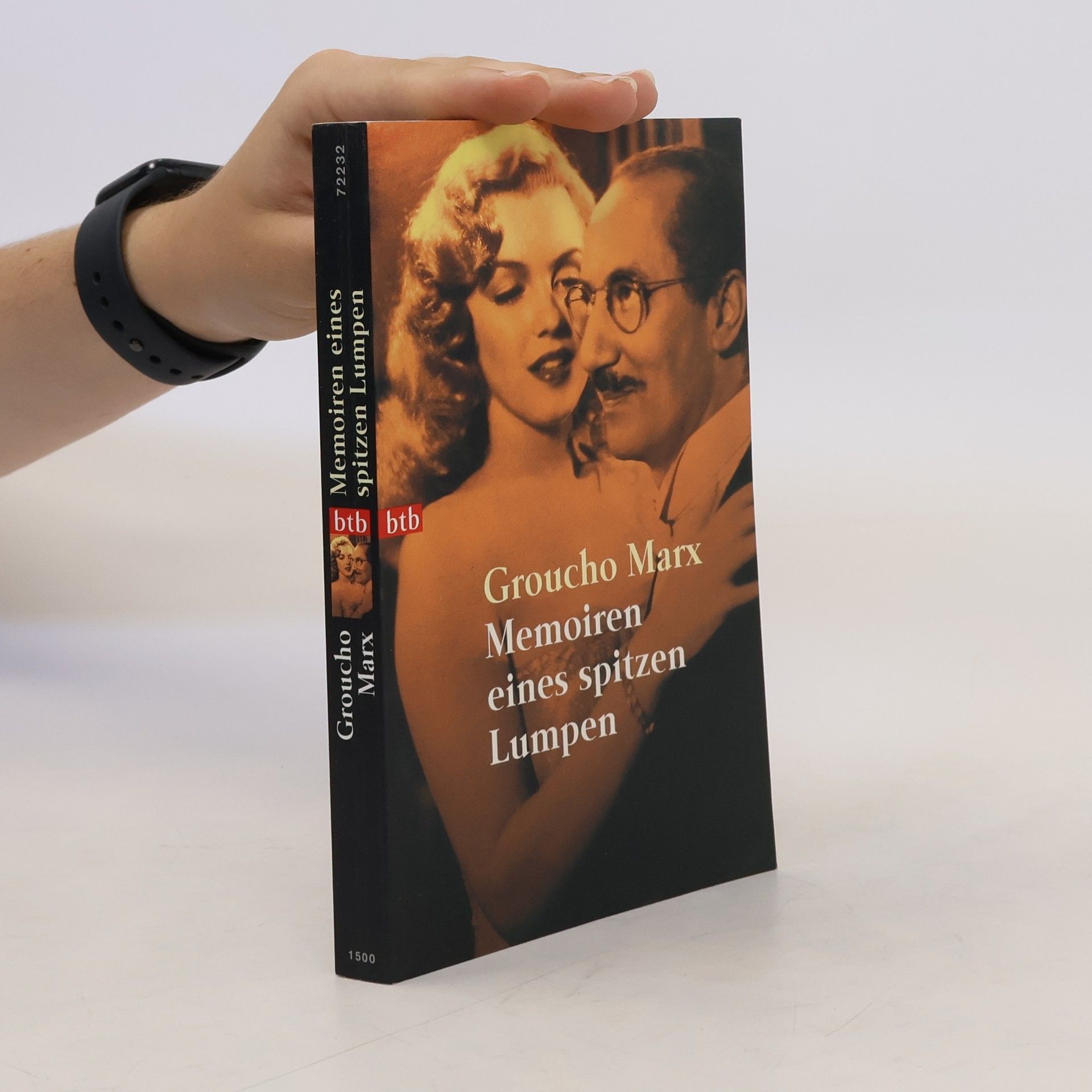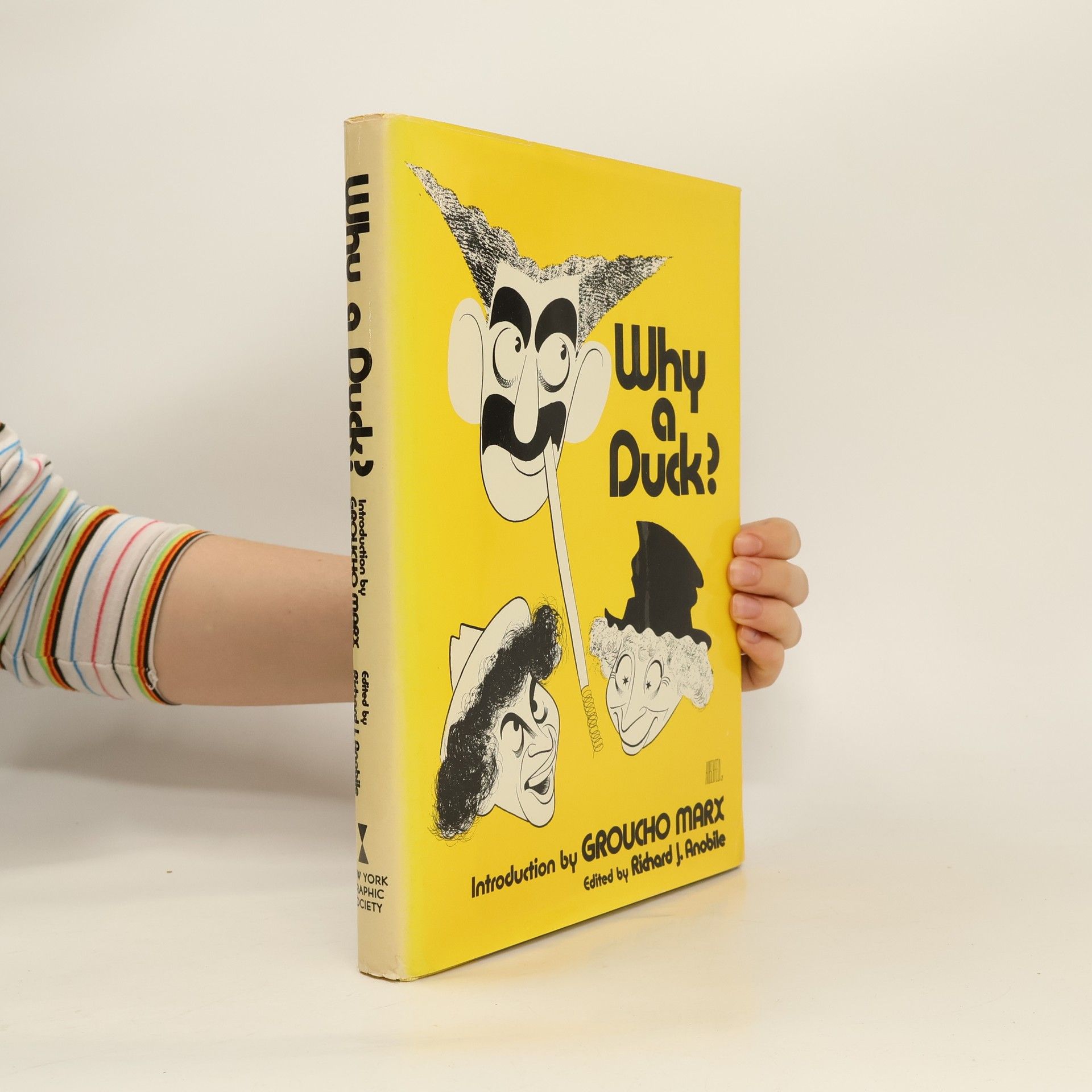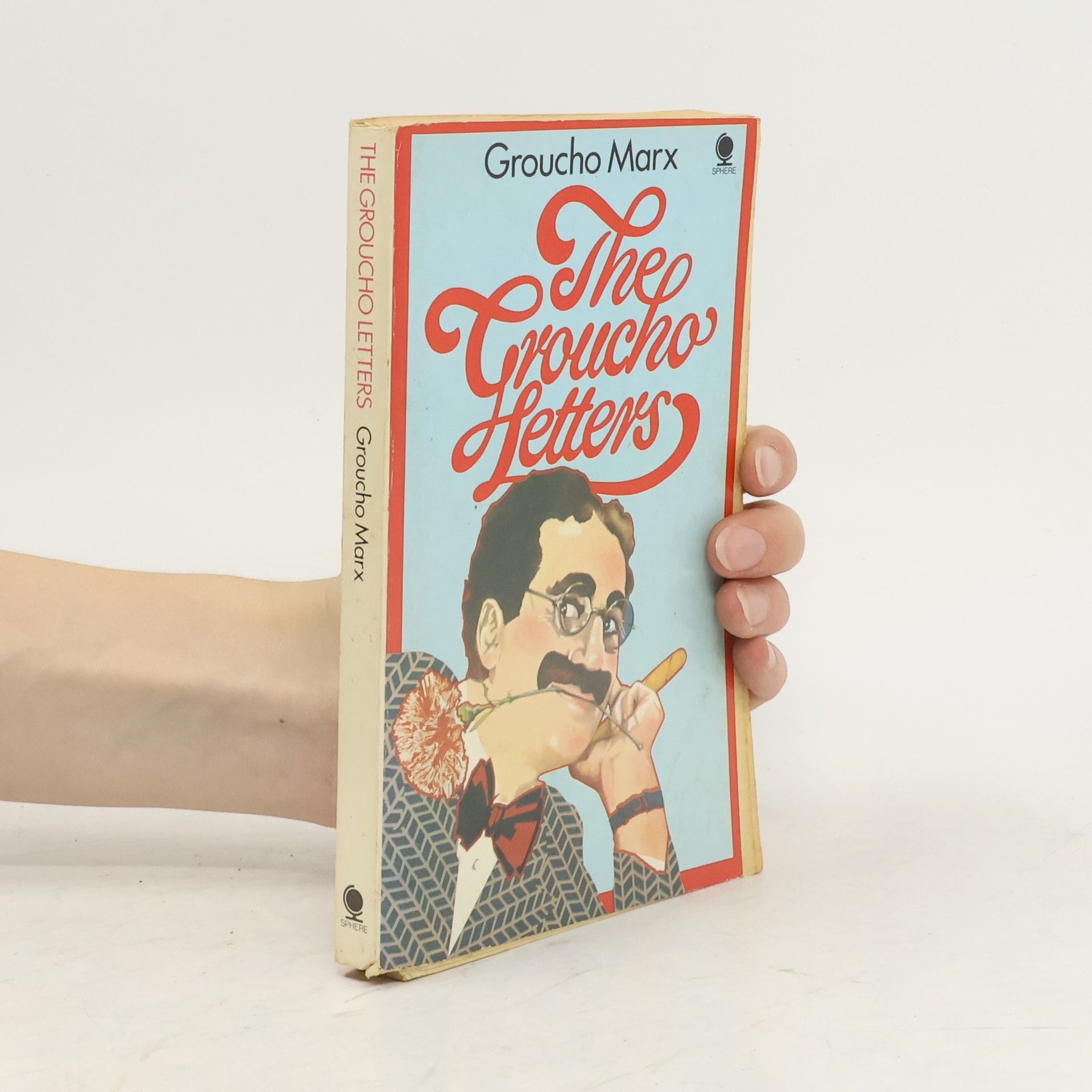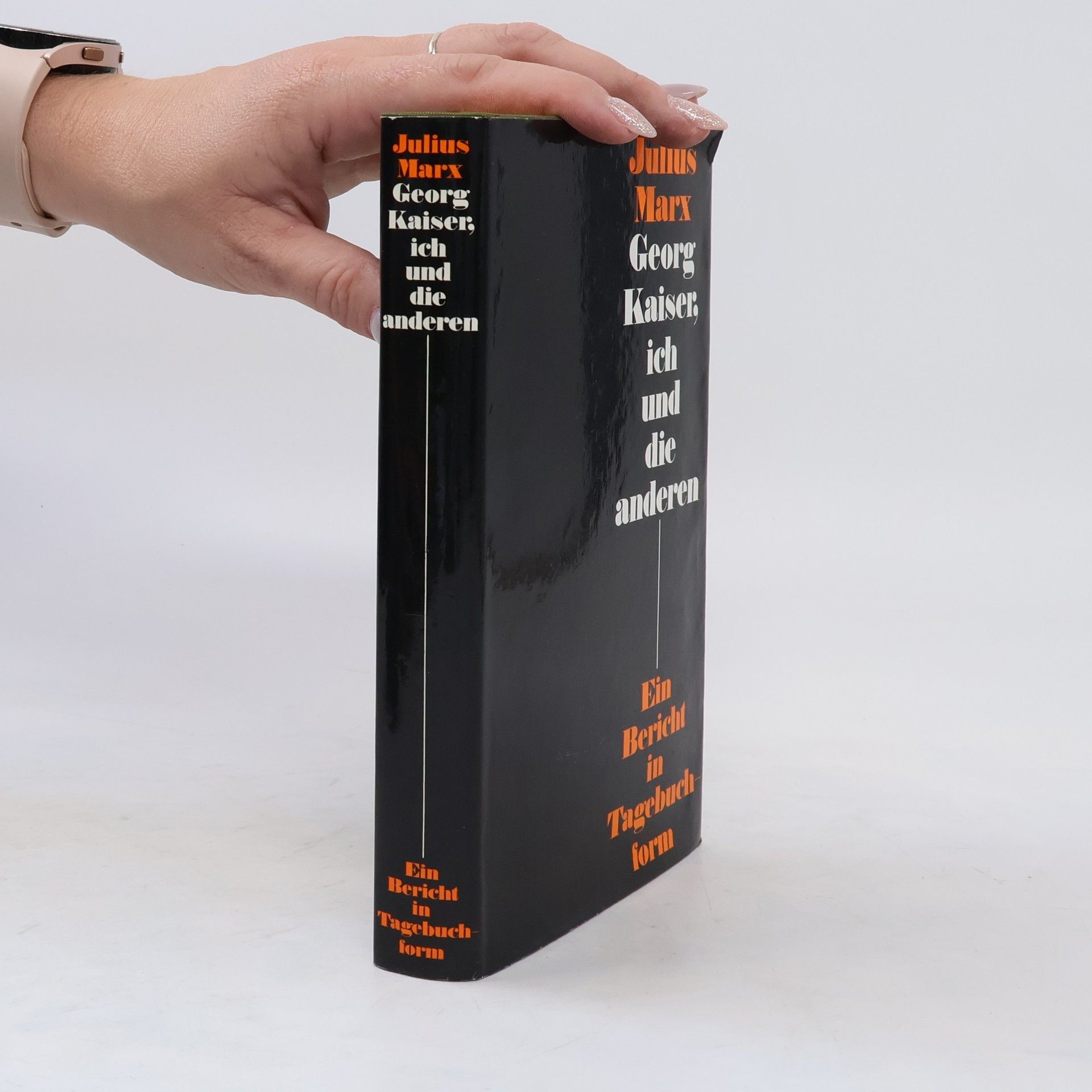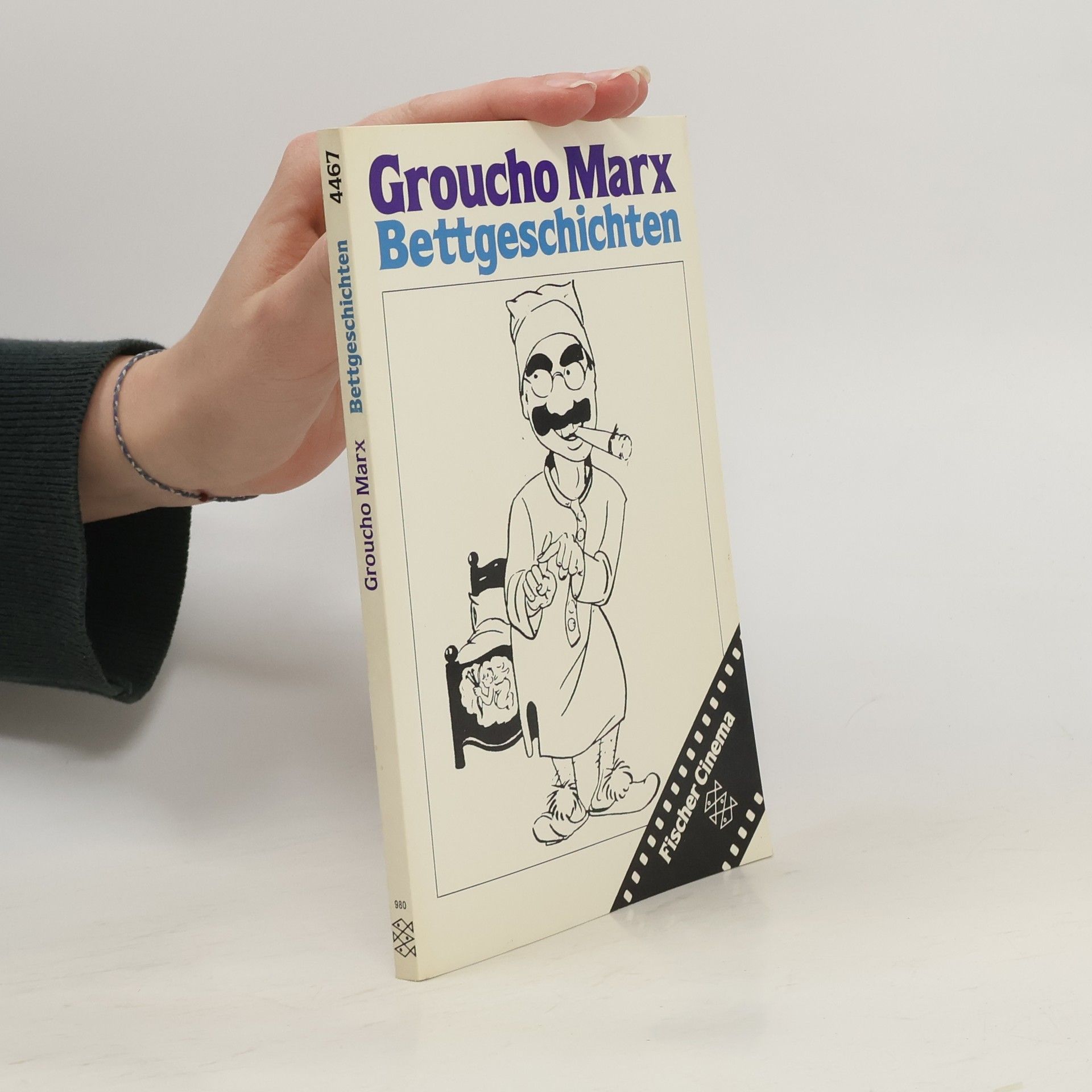Groucho And Me
- 170pages
- 6 heures de lecture
"An important contribution to the history of show business and to the saga of American comedy and comedians, comics and comicality."--James ThurberWith impeccable timing, outrageous humor, irreverent wit, and a superb sense of the ridiculous, Groucho tells the saga of the Marx the poverty of their childhood in New York's Upper East Side; the crooked world of small-time vaudeville (where they learned to carry blackjacks); how a pretzel magnate and the graceless dancer of his dreams led to the Marx Brothers' first Broadway hit, I'll Say She Is! ; how the stock market crash in 1929 proved a godsend for Groucho (even though he lost nearly a quarter of a million dollars); the adventures of the Marx Brothers in Hollywood, the making of their hilarious films, and Groucho's triumphant television series, You Bet Your Life! Here is the life and lunatic times of the great eccentric genius, Groucho, a.k.a. Julius Henry Marx.
